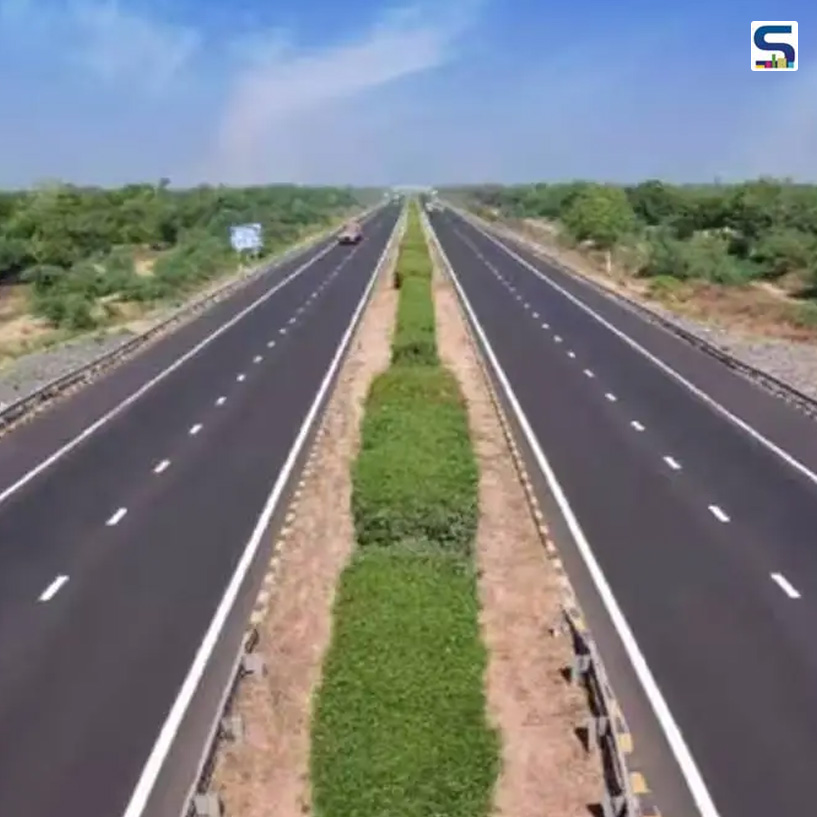
The National Highways Authority of India (NHAI) has introduced India's first Steel Slag Highway on the Mumbai-Goa stretch, showcasing a pioneering approach to road construction. The Steel Slag Highway utilizes steel slag, a byproduct of the steel manufacturing process, as a key component, highlighting an innovative and sustainable road construction technology. Read complete report below on SURFACES REPORTER (SR):
One-Kilometer Four-Lane Steel Slag Road
With technical assistance from CSIR-CRRI, JSW Steel has built a four-lane steel slag road section spanning one kilometer on the Indapur-Panvel Section of NH-66 Mumbai-Goa. To construct this road, approximately 80,000 tons of CONARC Steel slag were transformed into processed steel slag aggregates at the JSW Steel Dolvi plant in Raigad.
Ecofriendly Advantages
The Steel Slag Highway technology is lauded for its environmental benefits, enhancing sustainable road construction and aligning with India's commitment to eco-friendly infrastructure in line with global sustainability goals.
The Mumbai-Goa stretch tests this eco-friendly initiative, potentially influencing future national highway projects. NHAI's commitment to green practices in transportation sets new standards. Repurposing steel slag aims to reduce the environmental impact, fostering a more eco-friendly future.
What does Steel Slag Road Technology entail?
Developed by CSIR in collaboration with the Ministry of Steel and major steel companies (ArcelorMittal Nippon Steel, JSW Steel, Tata Steel, and Rashtriya Ispat Nigam), this technology allows the extensive use of waste steel slag from plants, effectively managing about 19 million tonnes of generated steel slag. Steel slag roads, apart from being approximately 30% cheaper than traditional paving, exhibit enhanced resilience to unpredictable weather conditions. This innovative approach also addresses environmental concerns related to waste steel slag and unsustainable natural aggregate practices, offering a long-lasting solution compared to bitumen roads, significantly reducing maintenance costs.
India, the world's second-largest steel producer, addresses a growing steel slag byproduct, reaching 19 million tons annually and expected to hit 60 million tons by 2030. Collaboration between the Steel, Science and Technology, and Road Transport Ministries aims to tackle environmental challenges posed by steel slag accumulation. Promoting steel slag applications, particularly in road construction, stands as a crucial step towards greener and cleaner infrastructure development.
Image is for representation purpose only.